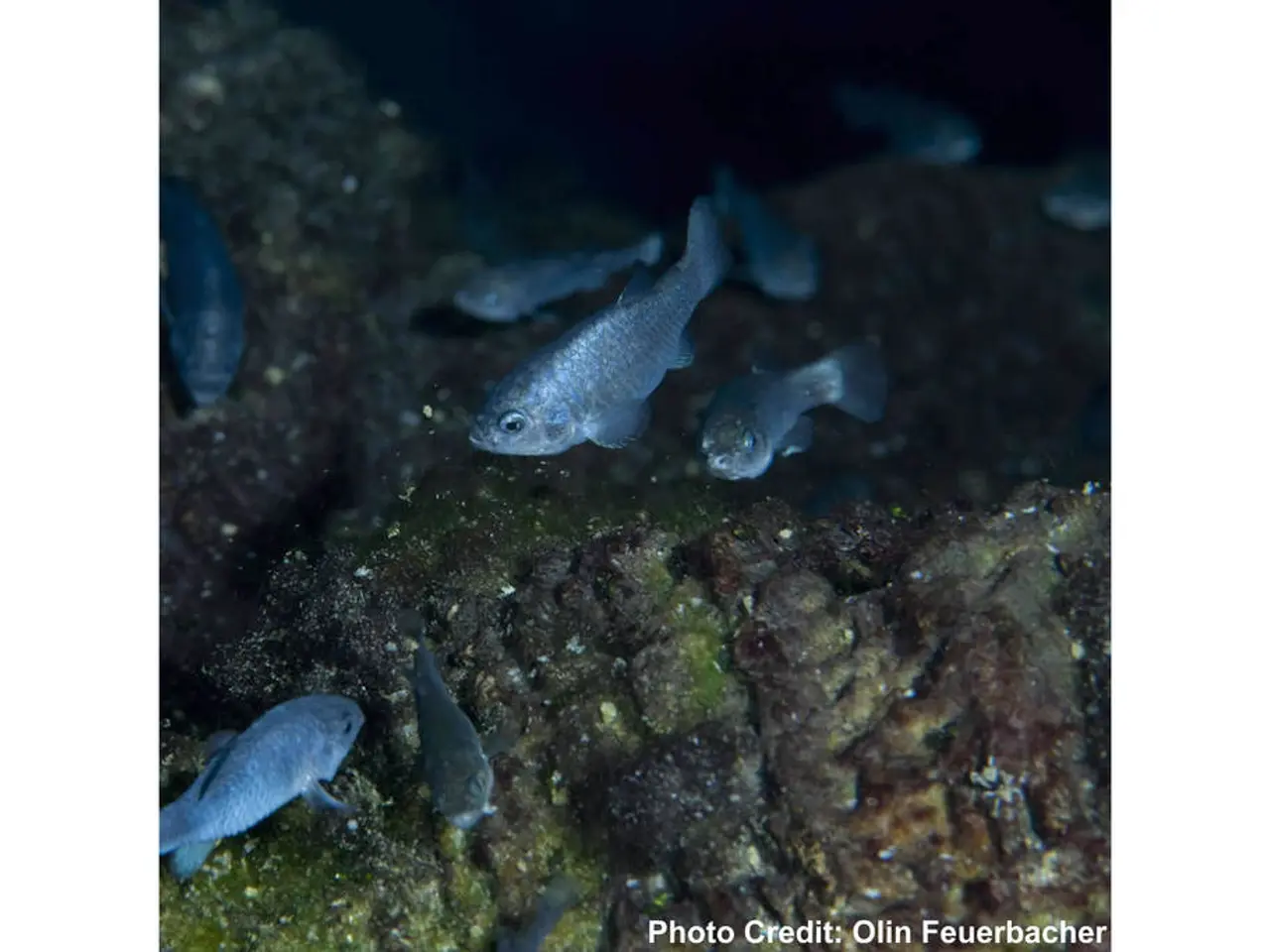Climate Change Adaptation Support for Small-Scale Fishing Communities Via New Data Center
In a significant stride towards sustainable fisheries management, an open-source system called Peskas is helping small-scale fisheries adapt to climate change. Primarily, Peskas enables near real-time monitoring and data collection of fishing activities, a critical aspect for better management and climate change adaptation.
Peskas is designed with the realities and needs of small-scale fishers in mind. Fishers and authorities collaborate in collecting, analyzing, and displaying detailed information such as fishing grounds, catch species, weight, and length. This shift from traditional paper-based annual reports to automated data collection offers improved and timely access to data, enabling fishers and policymakers to understand fishery productivity and patterns. Moreover, it supports climate adaptation strategies by providing evidence-based insights [1].
The system's key functionalities include automatic analysis and display of catch data, monitoring fishing grounds, and data-driven insights. These features fill crucial data gaps, fostering cooperation among communities and governments, and enabling informed climate adaptation actions for vulnerable small-scale fisheries [1][3][5].
Peskas is currently in use in several locations. In Zanzibar, Tanzania, around 100 fishing boats are equipped with trackers, and data collectors at 30 landing sites use tablets to record catch information. This data is automatically analyzed and displayed as statistics [1]. Similarly, community groups on Ataúro Island, Timor-Leste, support fishery monitoring efforts by collecting data, indicating localized adoption of Peskas-based monitoring [5].
The CGIAR’s Asia Digital Hub at WorldFish in Malaysia is supporting the broader implementation of Peskas. The initiative aims to promote climate adaptation and data-driven decision-making for small-scale fisheries across Asia and Africa [1][3].
Arthur Tuda, the executive director of the Western Indian Ocean Marine Science Association, praises the integration of Peskas with existing systems, stating that it fills a big hole, providing decision-makers with timely, reliable information to manage fisheries better. Furthermore, Mohd Faizal Mohd Zabri, the deputy chairperson of JARING, notes that such information could help the government verify fishers' operations for licensing and prevent abuse of subsidised fuel and living allowances [1].
Looking beyond catch monitoring, the Asia Digital Hub integrates data on aquatic animal health, aquaculture, household nutrition, and women's empowerment [1]. The CGIAR Global Research Partnership has launched its Asia Digital Hub to develop and scale digital solutions for food systems, promoting access to information through a compact genome sequencing tool kit and open-access courses [1].
First developed in Timor-Leste in 2016, Peskas is now being expanded to Zanzibar, Malawi, Kenya, and Mozambique, with interest from Brunei, Djibouti, and Ethiopia [1]. In Malaysia, WorldFish piloted Peskas in collaboration with the Malaysian Inshore Fishermen Association for Education and Welfare (JARING) [1].
With roughly 40% of the global fish catch coming from small-scale fisheries, the implementation of systems like Peskas is crucial for sustainable fisheries management and climate change adaptation.
- The integration of Peskas with existing systems is commended for its ability to provide decision-makers with timely, reliable information for effective small-scale fisheries management, thereby enabling climate adaptation actions.
- With advancements in technology, Peskas is expanding to various locations like Zanzibar, Malawi, Kenya, and Mozambique, aiming to promote climate adaptation and data-driven decision-making for small-scale fisheries across Asia and Africa.
- Beyond catch monitoring, the Asia Digital Hub integrates data on aquatic animal health, aquaculture, household nutrition, and women's empowerment, aiming to develop and scale digital solutions for sustainable food systems.
- Recognizing the significance of climate adaptation, the CGIAR Global Research Partnership has launched its Asia Digital Hub to promote open-access courses and the use of a compact genome sequencing tool kit for food systems.
- In a bid to address climate change, science, and technology play a pivotal role in developing open-source systems like Peskas, which support climate adaptation strategies by providing evidence-based insights.
- To support the United Nations Sustainable Development Goal (SDG) 14, which aims to conserve and sustainably use the oceans, seas, and marine resources, various countries are adopting environmental-science-based approaches through systems such as Peskas for climate adaptation in small-scale fisheries.
[References: 1, 3, 5]




